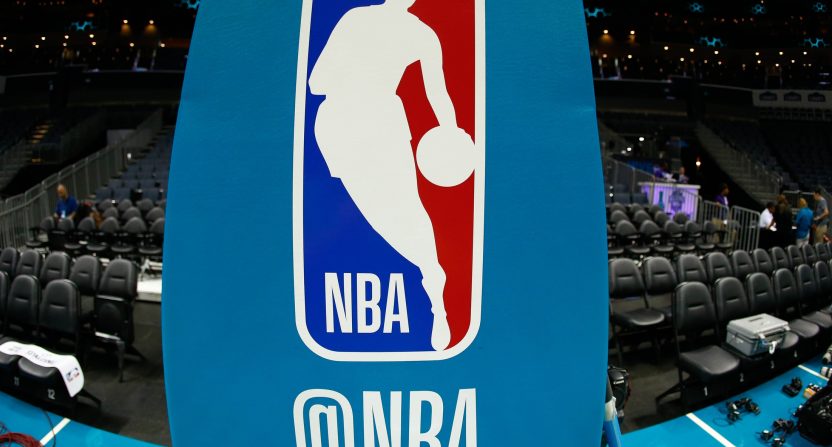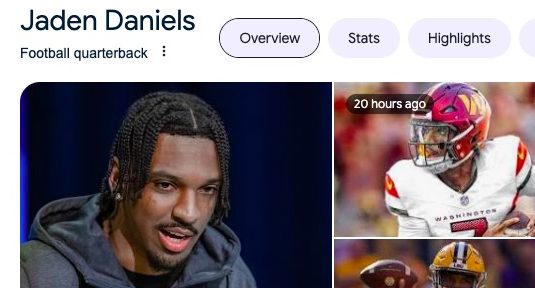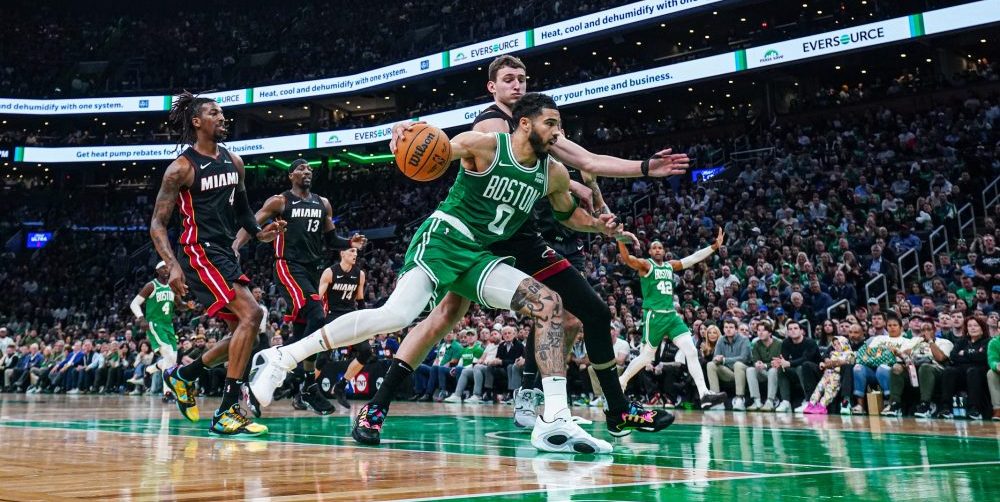Take this with a significant grain of salt, but the NBA reportedly has its sights set extraordinarily high when its existing TV deals expire after the 2024-25 season.
Per Jabari Young of CNBC, the NBA will be looking to increase its annual payments from $2.6 billion, and a total of $24 billion over the life of its contracts, to between $7 and $8 billion annual and $75 billion in total.
Early thinking within league circles suggests the NBA will seek a $75 billion rights package, up from its current $24 billion deal, which pays $2.6 billion per year.
One person familiar with sports media deals said the NBA could get $70.2 billion over nine years, using metrics including total viewer hours, which helps networks determine the value of sports league rights. The person also said tier-one sports rights are important to streaming services.
I’m going to go ahead and say “this seems unlikely.”
For one, as Paulsen of Sports Media Watch points out, this would mean that, assuming the NBA doesn’t divvy up its national TV packages even further, that any TV partners would end up paying more for the NBA than they’re paying for the NFL. ESPN is paying roughly $2.7 billion per year to the NFL in its new TV deal. Doubling their current NBA rights fee (reportedly $1.4 billion per year) would put the NBA and NFL on the same level at ESPN in terms of fees, and that would still be short of the reported goal of $7 billion+ per season (per the same report, Turner pays $1.2 billion per year).
Furthermore, it’s not as if ESPN has money burning a hole in its pocket. The company agreed to a deal with the NHL through 2028 that will run $400 million per season. ESPN’s deal with the College Football Playoff runs through the 2025 season and reportedly runs more than $600 million per year. The network is also reportedly going to get a new deal done with MLB, though it will pay $550 million per season, less than the $700 million per year it currently does. And yes, while most of those contracts expire shortly after the NBA deal ends, that doesn’t mean that ESPN can (or will) conjure up an extra $2 billion for the NBA at the expense of other properties.
However, if you’re the NBA, you might as well aim high. What’s the worst thing that can happen – potential bidders laugh at you and you start lower? That’s how negotiations work!
It’s important to remember how much the sports media (and hell, media in general) landscape can change in a short period of time. Years ago, we were so focused on existing tech companies (Netflix, Amazon, Facebook) getting sports rights that we didn’t even think about existing networks launching streaming services and moving live games to those services. Given how much credit the NBA gets for innovation, it would not surprise me if there is a significant streaming or digital component to their next TV deals, which will (theoretically) help bump the price up even more. But by that point, whatever we’re thinking of as the next big innovation might be standard in sports rights deals, and the NBA’s game breaker is something we haven’t even thought of yet.
[CNBC]







